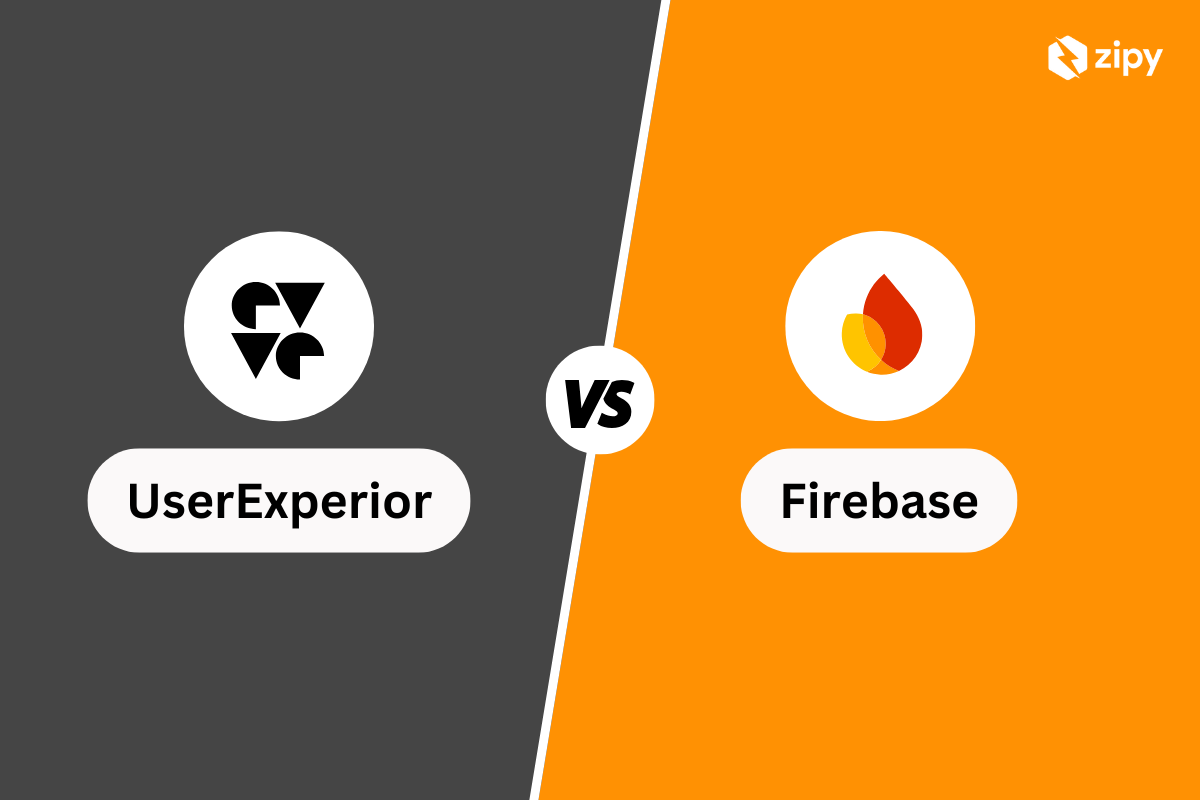Introduction
In the dynamic world of Vue.js development, encountering component registration errors can be a frustrating roadblock. This guide aims to demystify these errors, presenting solutions in a manner that resonates with both novice and experienced JavaScript developers. By integrating code examples drawn from real-world scenarios, this article will not only help in debugging Vue.js Component Registration Errors but also serve as an educational beacon, fostering a deeper understanding of Vue.js intricacies.
Catch errors proactively with Zipy. Sign up for free!
Try Zipy now
Understanding Component Registration Errors in Vue.js
Vue.js component registration errors typically arise when Vue does not recognize a component you are trying to use in your application. This might be due to several reasons like incorrect import statements, naming conflicts, or improper registration in Vue instances or components. Understanding the root cause is crucial for effective troubleshooting.
Scenario 1
Error Code
// Attempting to use a component without proper registration
<template>
<div>
<MyUnregisteredComponent />
</div>
</template>
Corrected Code
// Properly importing and registering the component
<template>
<div>
<MyComponent /> // Component name corrected
</div>
</template>
<script>
import MyComponent from './components/MyComponent.vue'; // Import statement added
export default {
components: {
MyComponent // Component registered
}
}
</script>
Solution Summary
The error was resolved by importing the MyComponent.vue file and registering it within the parent component's components option. This demonstrates the importance of ensuring components are correctly imported and registered before use.
Scenario 2
Error Code
// Global component registration with a typo in the component's name
Vue.component('MyCOmponent', require('./components/MyComponent.vue'));
Corrected Code
Vue.component('MyComponent', require('./components/MyComponent.vue')); // Corrected the component name typo
Solution Summary
The issue stemmed from a typo in the component name during global registration. Correcting the typo aligned the registration name with the component's usage name, resolving the error.
Scenario 3
Error Code
// Incorrect local component registration syntax
export default {
components: 'MyComponent'
}
Corrected Code
import MyComponent from './MyComponent.vue'; // Import statement added
export default {
components: {
MyComponent // Corrected to use an object for registration
}
}
Solution Summary
Local component registration requires an object, not a string. Adding the correct import statement and using an object for the components property fixed the error.
Handling Component Registration Errors in Vue.js
Resolving component registration errors in Vue.js involves a systematic approach to debugging. Ensuring components are correctly imported, named, and registered are fundamental steps. Developers should also be mindful of the scope of registration (global vs local) and adhere to Vue.js naming conventions to avoid conflicts.
Proactive Error Debugging with Zipy
To streamline the debugging process, tools like Zipy offer invaluable assistance. By employing proactive error monitoring and session replay capabilities, Zipy helps developers identify and resolve runtime Vue.js errors efficiently, enhancing productivity and application stability.
Debug and fix code errors with Zipy Error Monitoring.
Sign up for free
Conclusion
Vue.js Component Registration Errors, while challenging, provide a valuable learning opportunity. By understanding common pitfalls and adopting a structured approach to debugging, developers can enhance their Vue.js proficiency. Tools like Zipy further empower developers by simplifying error resolution through advanced monitoring and diagnostics.
Resources on how to debug and fix Vue.js errors
- Decoding 14 Vue.js errors: A Vue.js debugging guide
- Vue.js Error Monitoring, Session Tracking & Reporting Software
- How to handle Vue.js Syntax Errors?
- How to handle Vue.js Reference Errors?
- How to handle Vue.js Type Errors?
- How to handle Vue.js Lifecycle Hook Errors?
- How to handle Vue.js Template Compilation Errors?
- How to handle Vue.js Custom Directive Errors?
- How to handle Vue.js v-model Errors?
- How to handle Vue.js v-for Errors?
- How to handle Vue.js v-if/v-else Errors?
- How to handle Vue.js Event Handling Errors?
- How to handle Vue.js Vue Router Errors?
- How to handle Vue.js Vuex Errors?
- How to handle Vue.js Async Operation Errors?
Frequently Asked Questions
Why do Vue.js component registration errors occur?
Component registration errors typically arise from incorrect import statements, naming conflicts, or failing to register the component with Vue.
How can I prevent component registration errors in Vue.js?
Ensuring correct import and registration syntax, following Vue.js naming conventions, and using linters can significantly reduce the occurrence of these errors.
What's the difference between global and local component registration in Vue.js?
Global registration makes a component available across the entire app, while local registration limits it to the component where it's registered.
Can typos in component names cause registration errors?
Yes, typos in component names during import or registration can lead to Vue.js not recognizing the component, resulting in errors.
How does Zipy help in debugging Vue.js errors?
Zipy aids in identifying and resolving runtime errors through proactive monitoring and session replay, providing insights into the error's context.
Key Takeaways
- Always ensure components are correctly imported and registered within the Vue instance or component.
- Pay close attention to naming conventions and avoid typos to prevent unnecessary errors.
- Understand the scope of your component registration (global vs local) to ensure proper application structure.
- Utilize tools like Zipy for proactive error monitoring and debugging to enhance application reliability and developer efficiency.
.svg)





.png)
.png)




.webp)